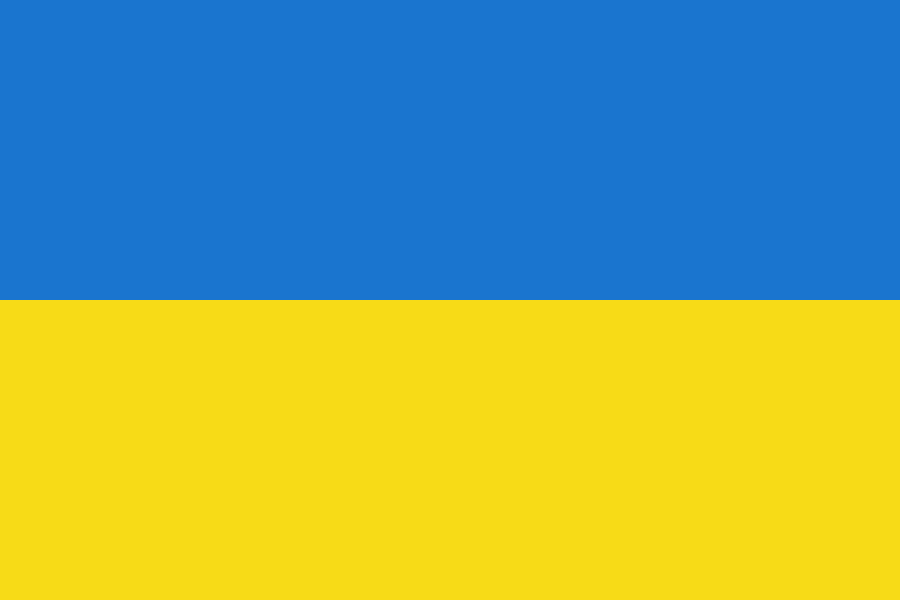Instead, consultations can be provided in the comfort of their own homes, ensuring that vulnerable people have access to essential healthcare services. In addition, digital platforms allow remote monitoring of the patient, which is particularly important in the treatment of chronic diseases. These platforms provide continuous, real-time health data that allows early intervention, reducing hospital visits and improving overall health outcomes.
Challenges are evident, too
However, the increase in digital health services raises big questions about who bears the cost. While digital platforms are reducing the costs associated with physical infrastructure, new costs are emerging. These include the costs of software development, hosting, maintenance and cybersecurity measures.
Traditionally, healthcare costs have been financed by the state, private health insurance and individual out-of-pocket payments. The introduction of digital health platforms is forcing a rethink on this issue. It is therefore crucial to identify who pays for these new digital services. Should it be the patients who benefit directly from convenience and personalised care? Or should it be the healthcare providers, whose operations become more efficient and cost-effective after digital transformation? Perhaps the state should intervene to ensure equal opportunities for all, considering the public good that health represents?
Currently, payment models for health services vary around the world, often reflecting the broader financing of the health system in the countries concerned. In the United States, where private health insurance dominates, insurance companies have increasingly started to offer digital health services.
In contrast, in countries where healthcare is universal, such as the UK, the government bears the cost, making digital health services free at the point of use.
Despite the advantages of digital health platforms, concerns about equitable access remain. While these platforms can reduce physical barriers to healthcare, they can reinforce the existing digital divide. Not everyone has access to stable internet connections and the advanced devices needed to access digital health services.
In addition, certain groups, including older people and people with limited digital literacy, may find it difficult to navigate these platforms. It is therefore essential to address these challenges to avoid creating a two-tier healthcare system – one for the digitally literate and one for those left in the digital shadows.




